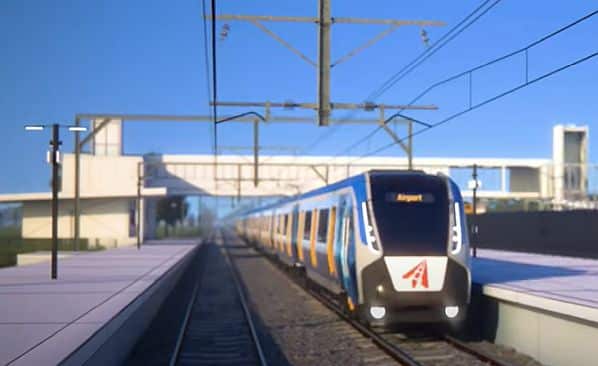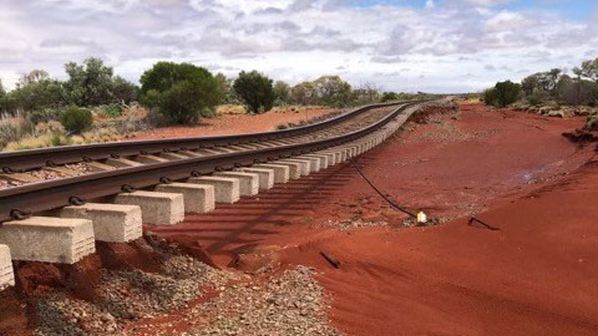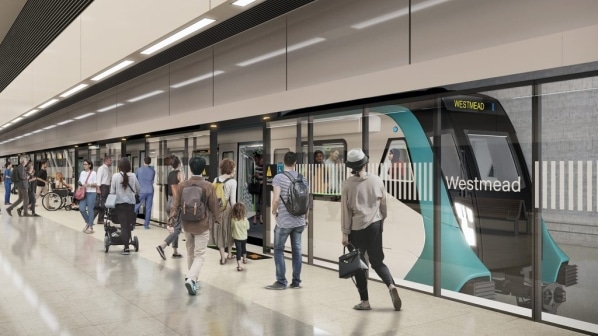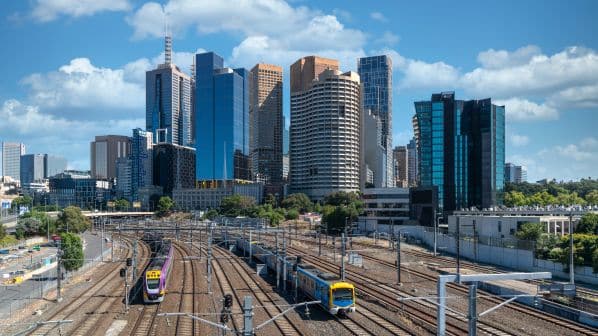AN independent review of major Australian rail and road infrastructure projects, launched by the federal government in May, has called for the axing of 50 high-risk projects across the country, with the estimated $A 7bn ($US 4.6bn) of savings being put towards other “nation-building” schemes.
The review found that the $A 120bn infrastructure pipeline was facing $A 33bn in cost increases and delays. Federal infrastructure minister, Ms Catherine King, who announced the results of the review, points out that some of the former coalition government’s plans were undeliverable due to cost increases and a lack of clear benefits.
In a major change, the infrastructure review recommends a shift in how major road and rail projects are funded with the federal government pushing states to pay for at least half of new projects by adopting a default 50:50 funding split in an effort to share greater accountability for delivery, including cost overruns.
One of the major rail projects facing cancellation is the $A 4bn Geelong Fast Rail scheme announced in 2020, serving the busiest corridor in Victoria. Also facing the axe is $A 1bn in funding for a faster passenger service between Newcastle and Sydney in New South Wales.
On the plus side, Perth’s Metronet project will get a $A 1bn boost and Queensland’s Logan - Gold Coast track-doubling project will receive $A 1.75bn.
Freight will also benefit with the government confirming funding of $A 61.8m for development of the Western intermodal freight terminal at Truganina, Melbourne, to serve Inland Rail.
Melbourne’s Suburban Rail Loop has already been excluded from the infrastructure review, but the review calls for proof that it is a project of national significance, and the Victorian state government will now need to provide annual spending updates.
Airport rail link
Pressure is also on Victoria to resume work on the $A 13bn Melbourne Airport rail link after the project survived the review. Work was suspended when the review was announced.
The airport rail link has also been delayed over a dispute between the airport operator, which wants an underground station, and Victoria which favours a cheaper, surface ground option.
Victoria has been negotiating with Melbourne Airport for more than three years, but Victoria says that “negotiations have collapsed because of the airport’s unreasonable requests.”
Both Victoria and the federal government have contributed $A 5bn to the airport project. However, while the project has a price tag of up to $A 13bn neither government had agreed to contribute more money before the review was announced.
Australasian Railway Association (ARA) CEO, Ms Caroline Wilkie, says it is encouraging that the independent review recognised the Melbourne Airport Link as an essential project that must go ahead.
“As a major global city experiencing considerable population growth, the Melbourne Airport Rail link is a critical project that must proceed as soon as possible,” she says.




